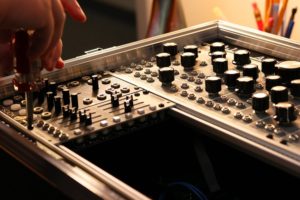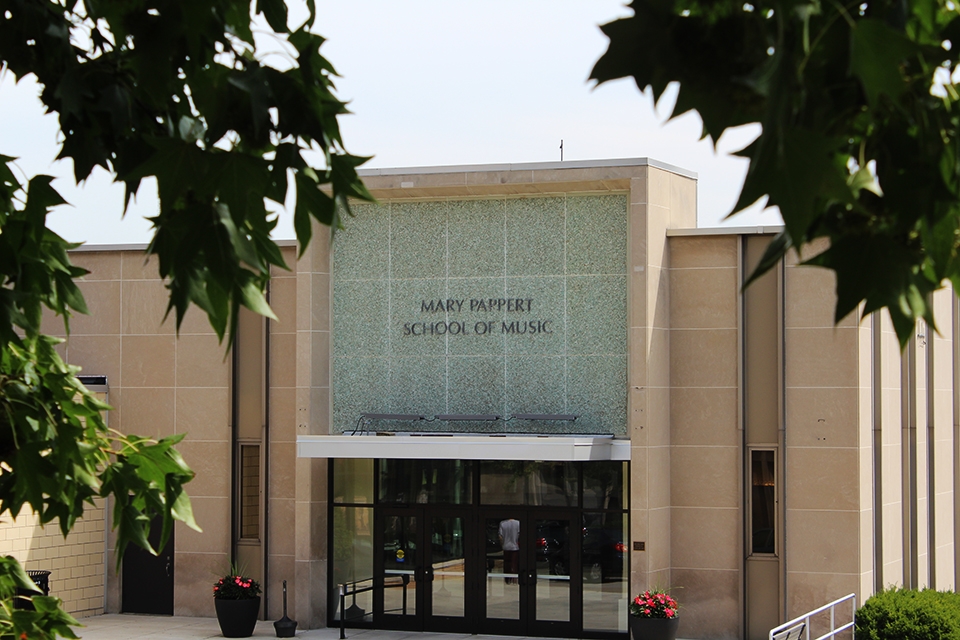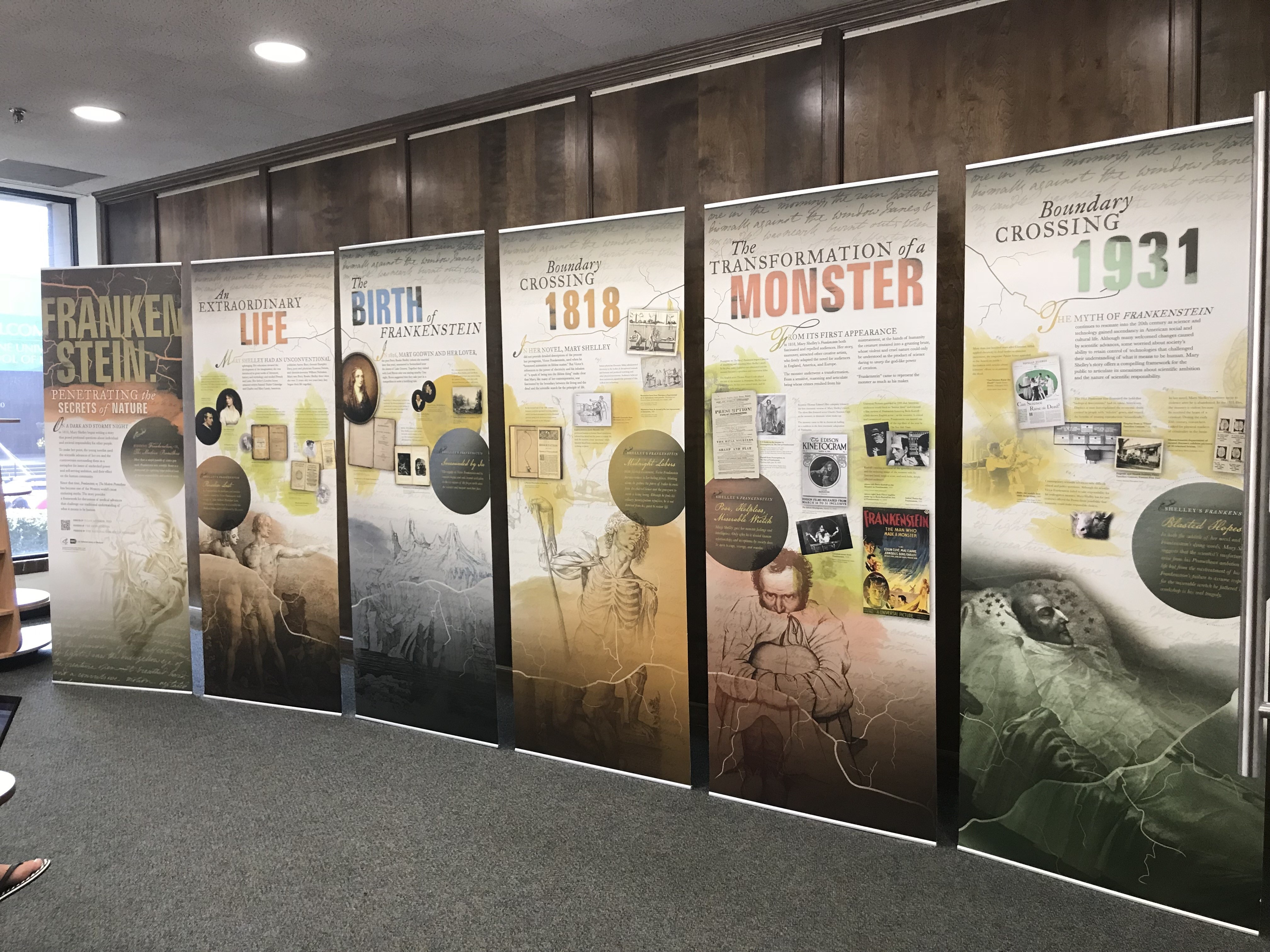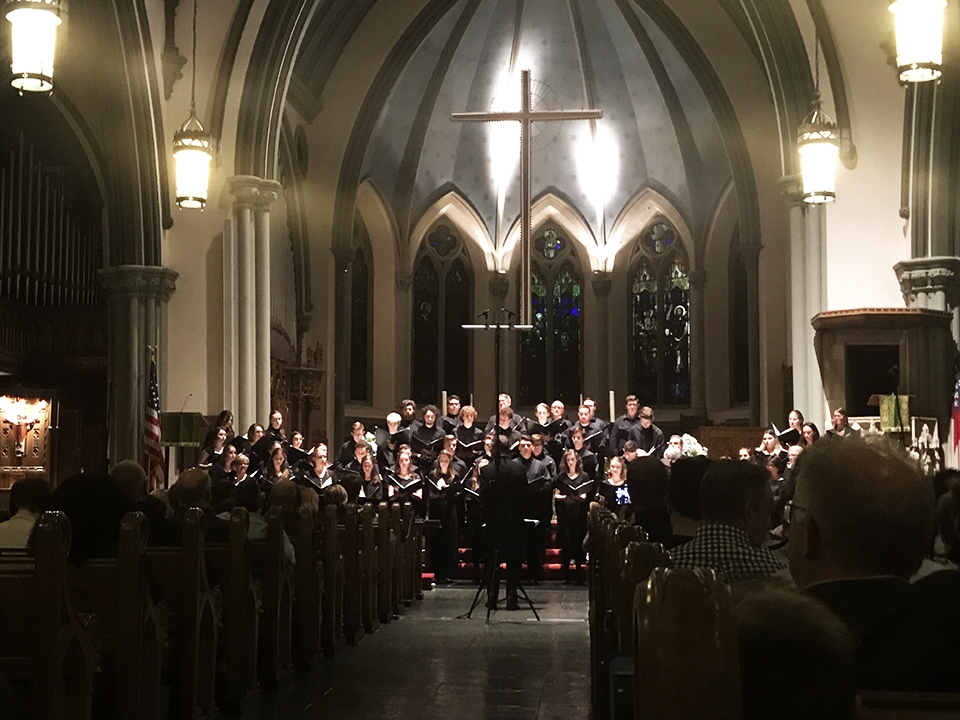
The modular synth will allow students to manipulate signals in near-limitless ways.
By Josiah Martin | Arts & Entertainment Editor
08/29/19
The Mary Pappert School of Music will unveil the results of its modular synthesizer construction project with a performance on Aug. 29.
Modular synthesizers are musical instruments wherein electronic signals are created and manipulated by individual sections called “modules,” which, in tandem, can produce virtually infinite different sounds.
The synthesizer, with many of its pieces built locally by Pittsburgh Modular, will serve a dual purpose. Its creation was spearheaded by both Melikhan Tanyeri, assistant professor of biomedical engineering at the Rangos School of Health Sciences, and Paul Miller, assistant professor of musicianship at the music school.
“We were able to buy it because Dr. Melikhan Tanyeri and I wrote a Faculty Development Fund grant in January 2019 to help revamp his signal processing course,” Miller said. “Tanyeri’s students will be using the synthesizer to generate audio signals that they will analyze using mathematical techniques, much as they will have to analyze biologically generated signals in their future work.”
Miller and Tanyeri collaborated with junior biomedical engineering student Benjamin Bernarding and sophomore music technology student Greta Zewe.
“The neat thing about modular is that it is almost impossible to have two performances that are the same,” said Zewe, who will be performing alongside Miller at the concert. “In this way, each piece is also partly an improvisation.”
Zewe will be performing an original composition. To her, the performances may be even more difficult than the construction of the instrument.
“Once Dr. Miller ordered all the parts, installing the actual modules into the case wasn’t all that complicated,” Zewe said. “I would even say that the most difficult part of the process is the music-making itself, where the number of different ways to patch and connect between modules is infinite.”
Miller will also be performing original compositions, on his personal equipment which he also constructed.
“My pieces are mostly improvisational, using statistical means to generate unusual patterns or noise,” Miller said. “For example, I will improvise a piece where I use only feedback from a noise circuit, which yields kaleidoscopic results, sometimes approaching sonic hallucinations.”
Zewe also spoke to the potential of the instrument and its ability to push musical limits.
“Since the music being performed sounds quite different from anything we’re used to, it would be awesome if people walk away with a broader understanding of what music can be.”
The concert will take place on Aug. 29 at 9:30 p.m., in the third floor atrium of the Mary Pappert School of Music.



